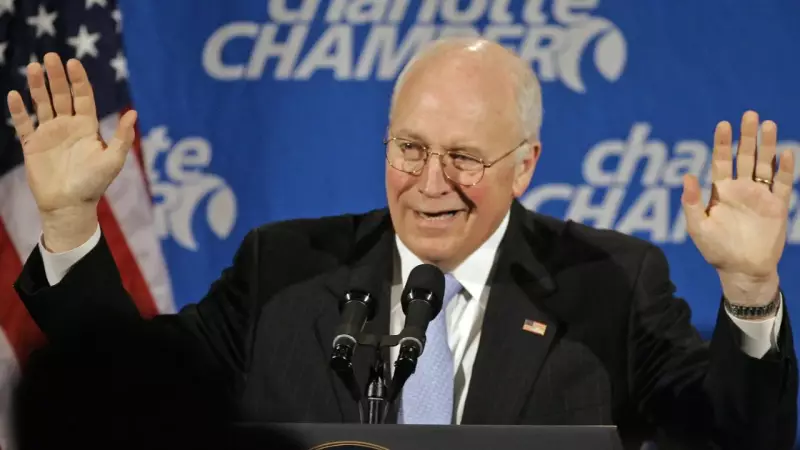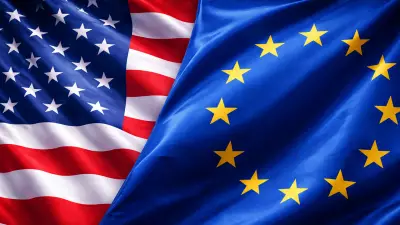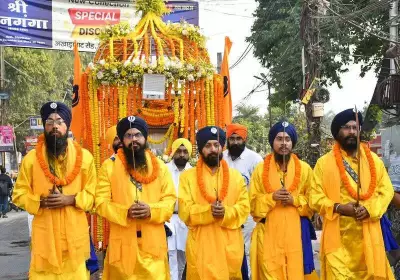
Dick Cheney, one of America's most powerful and controversial vice presidents, left behind a legacy marked by political firestorms that continue to spark debate. Here are the five biggest controversies that defined his career.
The Iraq War Intelligence Failure
Cheney was a principal architect of the 2003 Iraq invasion, aggressively pushing the narrative that Saddam Hussein possessed weapons of mass destruction. Despite warnings from intelligence agencies, he repeatedly claimed Iraq had reconstituted its nuclear weapons program. The subsequent invasion found no WMDs, leading to widespread criticism that Cheney had manipulated intelligence to justify a pre-determined war.
Authorization of Enhanced Interrogation Techniques
As vice president, Cheney was a staunch defender of the CIA's "enhanced interrogation" program established after 9/11. These techniques, including waterboarding, were widely condemned as torture by human rights organizations and many allies. Cheney maintained these methods were legal and necessary for national security, though they remain one of the most controversial aspects of the War on Terror.
The Halliburton Contract Controversy
Before becoming vice president, Cheney served as CEO of Halliburton. After taking office, the company received no-bid contracts worth billions of dollars for work in Iraq. Critics alleged this represented a massive conflict of interest, suggesting Cheney's former company profited directly from the war he helped initiate. The appearance of cronyism damaged public trust and raised serious ethical questions.
Valerie Plame Wilson Affair
Cheney's office played a central role in the outing of CIA operative Valerie Plame Wilson after her husband, former ambassador Joseph Wilson, publicly criticized the Bush administration's Iraq war justification. Cheney's chief of staff, Scooter Libby, was convicted of perjury and obstruction of justice in the investigation. The scandal revealed the administration's willingness to discredit critics through potentially illegal means.
Expansion of Executive Power
Cheney championed an unprecedented expansion of presidential authority, often operating with minimal congressional oversight. His "unitary executive theory" argued for broad presidential powers during wartime, leading to secret surveillance programs and signing statements that challenged legislative boundaries. This philosophy fundamentally altered the balance of power between government branches and continues to influence presidential conduct today.
These five controversies paint a portrait of a vice president who operated with immense power and conviction, leaving behind a complex legacy that continues to shape discussions about executive authority, wartime ethics, and political accountability in American democracy.





